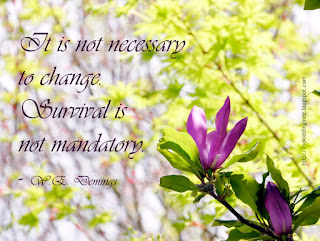In a conversation about old age, I mentioned my hope that we can continue to travel, and so the follow-up statement to their “knowing what is important” pearl of wisdom – from a parent who had just admitted that she didn’t particularly enjoy travel – was very pointedly directed at me.
“But it’s not something that is important; no-one old ever says that they regret not travelling more.”“Well, obviously, if I had to stop now, I would say that,” I responded, somewhat self-consciously because she’d just said pointedly that my life was indeed meaningless if I thought travelling was important.
What I didn’t say is that I know several people who would agree with me, and one 90+ year old (with whom this particular self-righteous parent was actually staying at the time) who repeatedly, and very sadly, says those exact words to me, wishing she'd seen the things that my husband and I see, and that she had had the adventures we have, and she has never once consoled herself (to me) with the fact that she has children (and grandchildren), perhaps because she hardly ever sees them (except one).
I get so tired of the judgement that people without children have nothing, when in reality we all have different things that are important to us, whether it is enjoying nature, doting on children/grandchildren/nieces/friends or pets, gardening or writing or travel or our work. Whilst sometimes these things are enjoyed with family and friends, and sometimes they might fill the place left without family or friends, whatever it is that fills our lives and brings us joy is undeniably important to us.
Note: I have a full post, the last of my Gifts of Infertility series, planned to expand on this particular topic, but decided to throw this anecdote in now.

